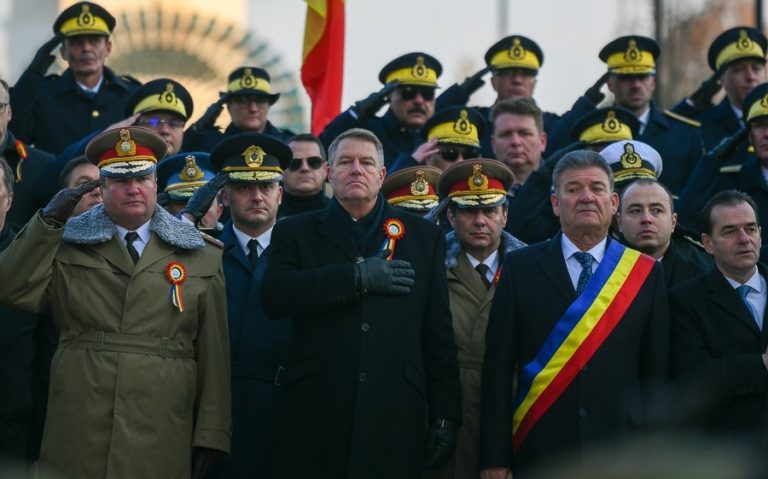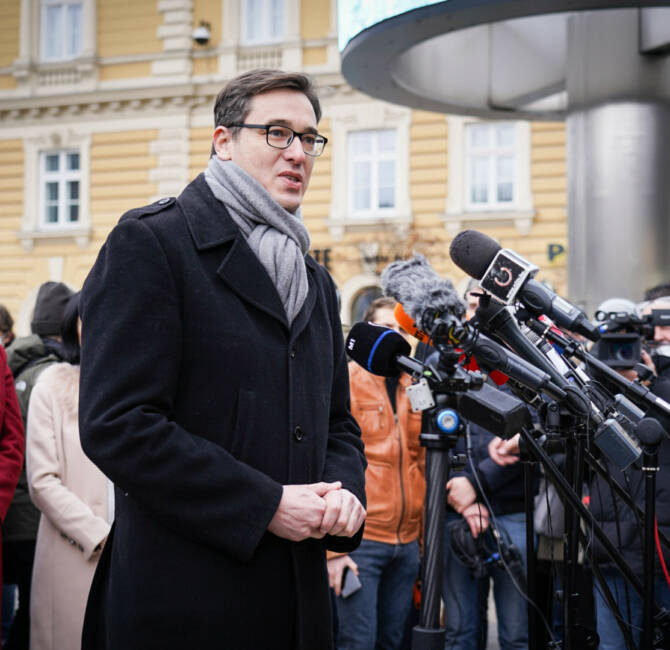Hungary – On Thursday, August 31, Hungarian government officially asked the European Commission to show some “solidarity” and pay half of the cost Hungary has incurred for border management.
Prime Minister Viktor Orbán has asked Jean-Claude Juncker, president of the European Commission, for the Commission to make a 50 percent (which means € 440 million) contribution to the barrier protecting the external Schengen border along Hungary’s southern frontier, can we read on the governmental news page About Hungary.
“We would like to see solidarity manifested in specific actions, rather than in mere messages,” said János Lázár, the minister heading the Prime Minister’s Office, to the press. “Hungary has adhered to the protection of the European Union’s Schengen borders ever since the outbreak of the migration crisis, and with the construction of the border fence and the training of border guards – which were financed by Hungarian taxpayers – Hungary does not only protect itself, but every citizen of the continent against the flood of illegal immigrants,” he said.
“It is no exaggeration to claim that the safety and security of European citizens are also protected by Hungarian police officers and soldiers,” he added.
Minister Lázár pointed out that the Commission had already provided assistance to several countries: “Greece has already received one half of the promised 1 billion EUR, Italy has been given 656 million EUR, and Bulgaria will receive 100 million EUR. It is time that Hungary, too, should submit its request,” he said.
Hungary should indeed protect its borders… but not with a fence
The European Commission gave on Friday, September 1, an open answer to the Hungarian government. Commission spokesman Alexander Winterstein told the Commission might consider the demand, but “[the Commission is] not financing the construction of fences or barriers at the external borders. We do support border management measures at the external borders – this can be surveillance measures, this can be border control equipment. But fences, we do not finance.”
“Solidarity is a two-way street and all member states should be ready to contribute. This is not some sort of an ‘à la carte menu’ where you pick one dish, for example border management, whilst refusing another dish, like … relocation,” added Mr Winterstein.




